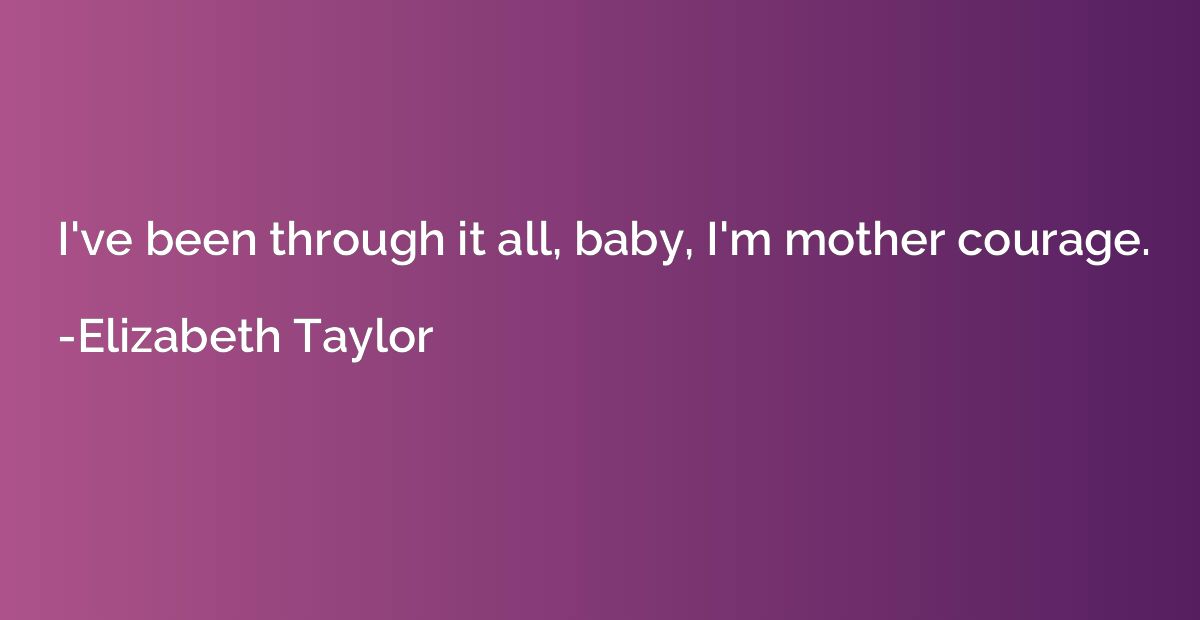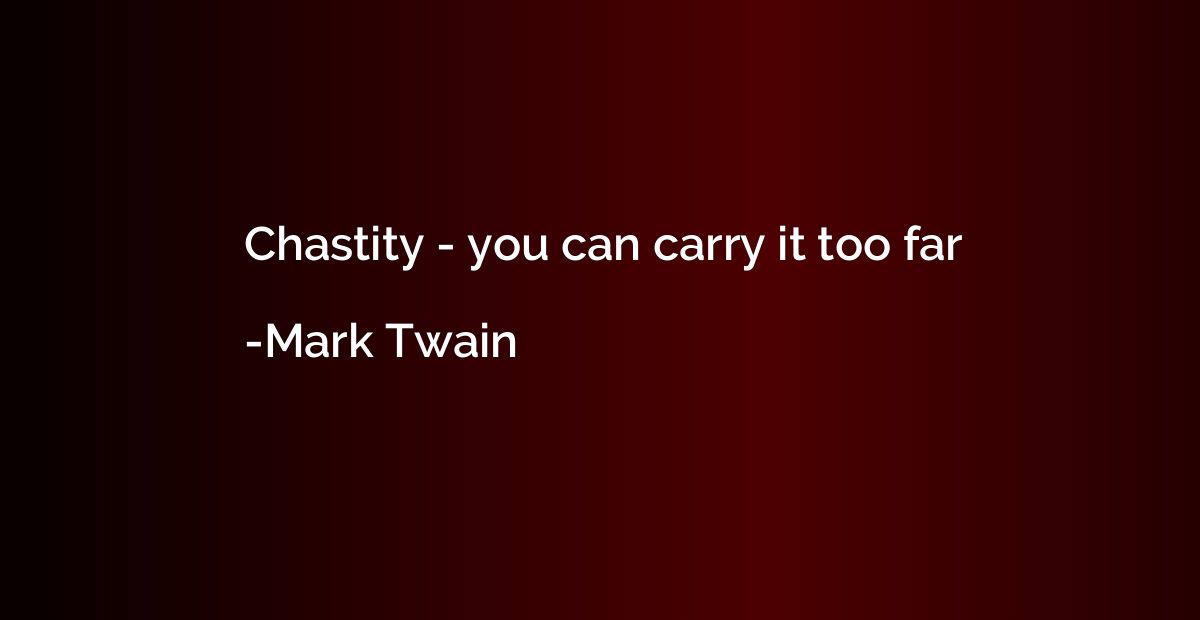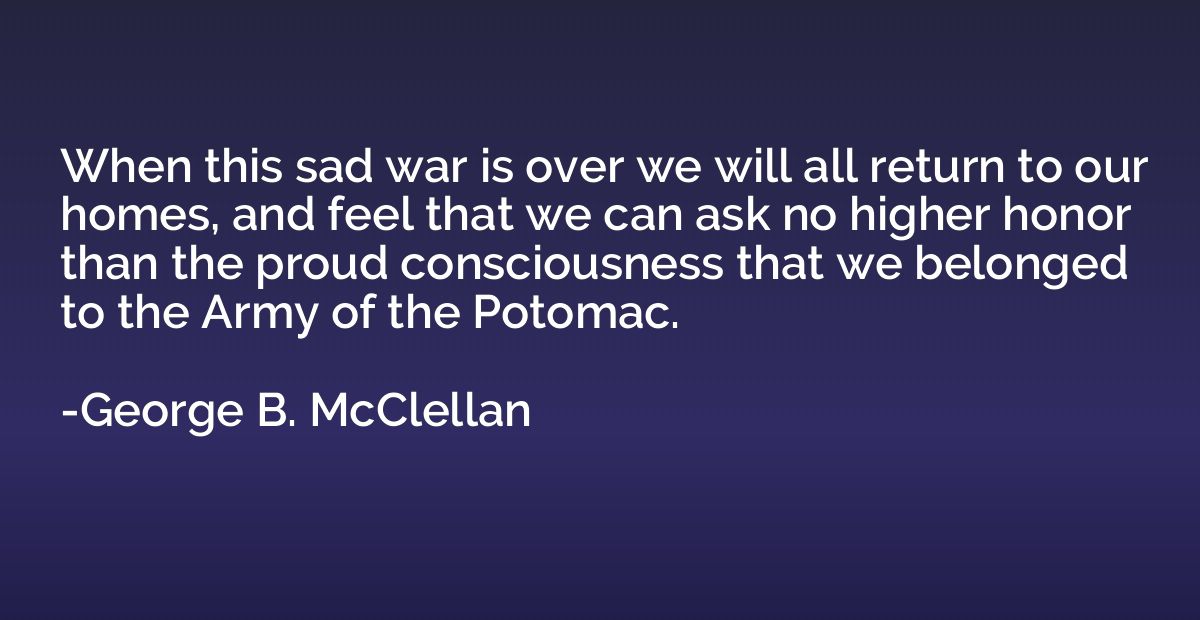Quote by John Fitzgerald Kennedy
For of those to whom much is given, much is required. And when at some future date the high court of history sits in judgment on each of usrecording whether in our brief span of service we fulfilled our responsibilities to the stateour success or failure, in whatever office we hold, will be measured by the answers to four questions:First, were we truly men of couragewith the courage to stand up to ones enemiesand the courage to stand up, when necessary, to ones associatesthe courage to resist public pressure, as well as private greed?Secondly, were we truly men of judgmentwith perceptive judgment of the future as well as the pastof our mistakes as well as the mistakes of otherswith enough wisdom to know what we did not know and enough candor to admit it. Third, were we truly men of integritymen who never ran out on either the principles in which we believed or the men who believed in usmen whom neither financial gain nor political ambition could ever divert from the fulfillment of our sacred trust?Finally, were we truly men of dedicationwith an honor mortgaged to no single individual or group, and comprised of no private obligation or aim, but devoted solely to serving the public good and the national interest?Couragejudgmentintegritydedicationthese are the historic qualities which, with Gods help will characterize our Governments conduct in the 4 stormy years that lie ahead.

Summary
This quote emphasizes the responsibilities and qualities expected from those in positions of power and leadership. It suggests that individuals who have been given a lot have a corresponding obligation to give back and serve the greater good. The quote poses four crucial questions that will determine the success or failure of one's service: courage, judgment, integrity, and dedication. It highlights the importance of standing up for what is right, making wise decisions, remaining true to principles, and being dedicated solely to serving the public and national interest. It concludes by emphasizing the significance of these qualities in guiding a government's conduct in challenging times.














